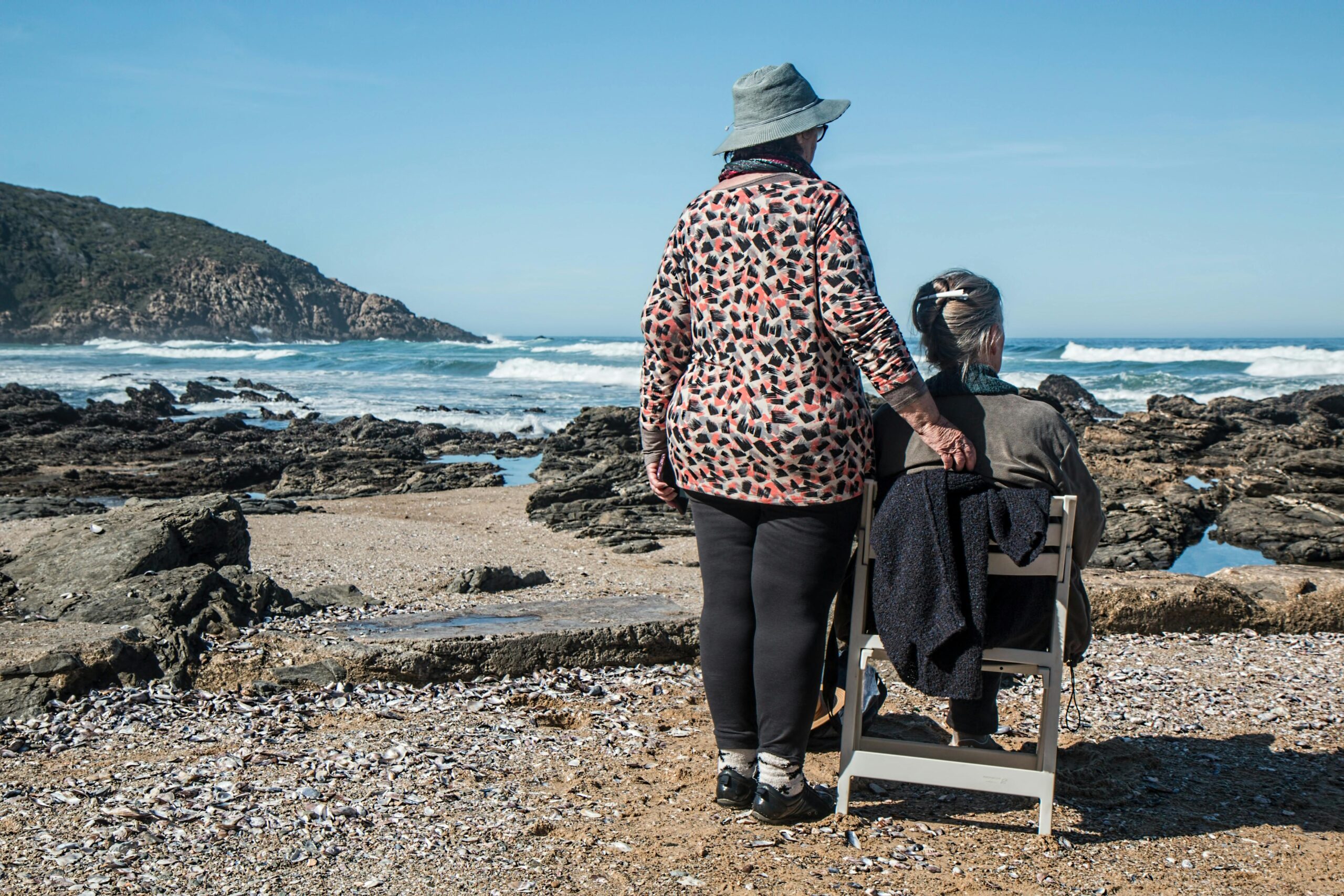In the meticulous world of archives, where history is preserved and stories are told, female archivists have carved out a significant niche. Their dedication and expertise have not only safeguarded invaluable historical records but also shaped the way we understand and interact with our past. This blog explores the profound impact female archivists have had on documenting history, highlighting their contributions and the challenges they have overcome
The Role of Archivists in History
Archivists play a crucial role in preserving historical documents, photographs, and other records that provide insights into our past. They ensure that these materials are accessible for research, education, and public interest. Archivists meticulously organize, catalog, and maintain collections, making it possible for historians, scholars, and the public to explore and learn from these records.
The Rise of Female Archivists
Historically, the field of archiving was male-dominated, much like many other professions. However, the mid-20th century saw a significant shift as more women entered the profession. This change was driven by several factors, including increased educational opportunities for women and a growing recognition of the importance of preserving diverse perspectives in history.
Pioneering Women in Archiving
One of the most notable female archivists was Margaret Cross Norton, who served as the first State Archivist of Illinois from 1922 to 1957. Norton was a trailblazer in the field, advocating for professional standards in archiving and establishing Illinois as a model for state archives. Her work set the stage for future generations of female archivists.
Another pioneering figure was Mary Ritter Beard, an influential historian and archivist. Beard co-founded the World Center for Women’s Archives (WCWA) in 1935, aiming to preserve the records of women’s history. Although the WCWA was short-lived, it sparked a movement that led to the establishment of women’s archives across the United States.
Impact on Documenting Diverse Histories
Female archivists have been instrumental in broadening the scope of archival collections to include diverse and often underrepresented voices. Their efforts have ensured that the contributions of women, minorities, and other marginalized groups are documented and recognized in historical narratives.
For example, Dorothy Porter Wesley, an African American librarian and archivist, dedicated her career to collecting and preserving African American history. As the curator of the Moorland-Spingarn Research Center at Howard University, Wesley built one of the world’s most comprehensive collections of African American historical documents. Her work has been pivotal in ensuring that the history and contributions of African Americans are acknowledged and accessible.
Advocating for Archival Ethics and Standards
Female archivists have also been at the forefront of advocating for ethical standards and practices in archiving. They have championed the importance of preserving the authenticity and integrity of records, ensuring that archives remain reliable sources of historical information.
One prominent advocate was Kathleen D. Roe, who served as the President of the Society of American Archivists (SAA) from 2014 to 2015. Roe emphasized the importance of advocacy and public awareness in the archival profession, encouraging archivists to engage with communities and highlight the relevance of archives in contemporary society.
Overcoming Challenges
Despite their significant contributions, female archivists have faced numerous challenges, including gender discrimination and underrepresentation in leadership roles. However, their resilience and commitment have paved the way for greater gender equity in the profession.
Organizations like the SAA have been instrumental in supporting female archivists, providing networking opportunities, professional development, and advocating for equitable practices in the workplace. These efforts have helped to create a more inclusive and supportive environment for women in archiving.
Conclusion
The impact of female archivists on documenting history cannot be overstated. Their dedication to preserving diverse historical records has enriched our understanding of the past and ensured that the stories of marginalized groups are not forgotten. As the field of archiving continues to evolve, the contributions of female archivists will remain a cornerstone of our collective historical memory. Their work not only preserves the past but also inspires future generations to value and engage with history in meaningful ways.








